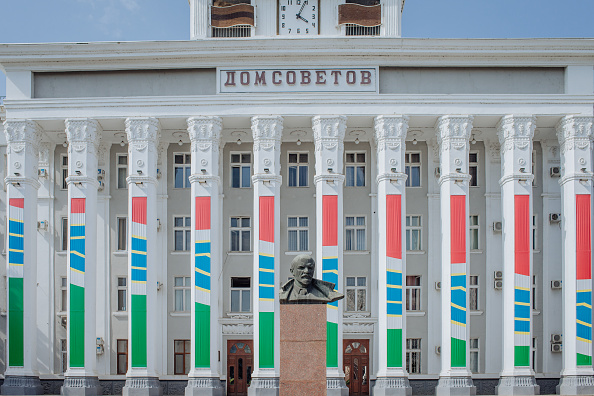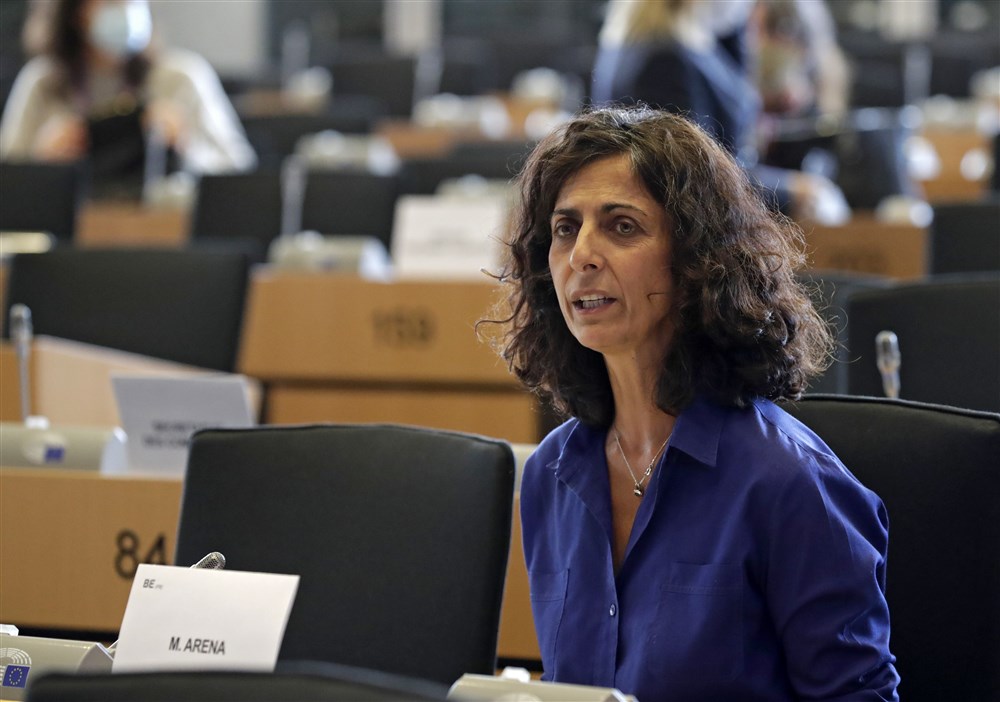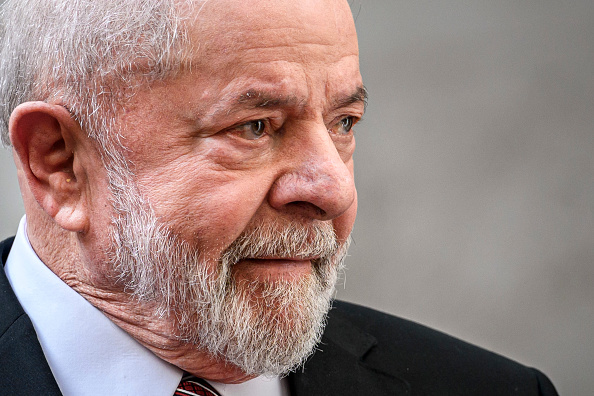Nigel Farage is once more the centre of attention in a British election. After declaring that he would not stand for parliament the day after the vote was called on May 22, the early adopter of all things Brexit has this week changed his mind and will be standing in Clacton on the Essex coast and will indeed be taking on the leadership of the populist Reform Party.
Farage’s game plan this time is to inflict such damage on the Conservative party – heading for almost certain defeat in any case – that the Right of British politics will realign with a truly conservative party emerging out of the turmoil. The British electoral system is stacked against insurgents, as Farage has learnt to his cost in his seven previous tries for a Westminster seat, but he has certainly transformed the UK political scene more thoroughly than anyone else who has never sat in the House of Commons.
Although there are many others who would compete with Farage for the title of Father of Brexit, it would be hard to argue that the exit referendum would have happened without him. How did this come about?
One needs to go back to when a previous tired Conservative administration was in power and facing a crushing defeat at the hands of Labour. The Tories had been in power for 18 years when they lost to Tony Blair’s New Labour in 1997, their worst defeat since 1906 – until, that is, what they may be facing now.
It was Blair’s mission to modernise Labour and move it to the centre ground of British politics. In his analysis, the main reason that the Left in Britain had been in power for so much less of the twentieth century is that the centre-Left vote was split between Liberals in their various incarnations (Liberal party, Liberal/SDP Alliance, Liberal Democrats) and Labour, whilst the centre-Right was united behind the Conservatives. (If only this were true now, Rishi Sunak must be thinking).
It was Blair’s mission – one that he thankfully failed at, some of us may think – to reunite the Left of centre forces of British politics and herald in a progressive 21st century. His initial hope was to bring the Liberal Democrats into a coalition government with Labour in 1997, but when the sheer size of his majority became clear that proved impossible. Blair’s own MPs would not countenance giving up ministerial positions to another party when there was absolutely now need and the party enjoyed a thumping majority on its own.
But that did not mean that Blair had given up on his grand project. Britain’s electoral system had for decades been a bugbear of Britain’s Liberals – unlike with models of proportional representation prevalent in most of Europe, the UK’s first past the post electoral system made it difficult for a third force in British politics to take many of the 650 winner-takes-it-all constituencies. In the 1983 election the Alliance gained more than 25 per cent of the vote, but won fewer than 3.5 per cent of seats (23 out of 650).
Changing the electoral system for Westminster elections, when that very electoral system had just given Labour nearly 65 per cent of seats on 43 per cent of the vote (418 out of 650), was too great an ask for his party. But what Blair could do to romance the Liberal Democrats was to change the electoral system for European elections.
Thus for the 1999 European elections, the old first past the post electoral system was replaced by a proportional regional party list system. This – and only this – enabled the United Kingdom Independence Party to win three out of the 87 UK seats on offer. One of the three battling Brexiteers entering the parliament for the first time was Nigel Farage, who would remain an MEP for the next twenty years, first as Ukip, then as the Brexit party.
Back in 1997 exiting the European Union was a maverick, lunatic fringe idea in British politics. The number of Westminster MPs espousing it would only just nudge into double figures, and that includes both Conservatives and Labour. But Ukip’s foothold in Brussels gave the idea the oxygen of publicity and, as importantly, parliamentary resources. And Farage used the platform the parliament afforded to masterful effect. What had been a maverick fringe cause gradually – ever so gradually – entered the mainstream.
So a very real argument can be made: no electoral reform for European elections, no Ukip as an electoral force (this first is pretty close to undeniable); no Ukip as an electoral force, no mainstreaming of Brexit, as it then wasn’t called; no mainstreaming of Brexit, no referendum; no referendum, we all know the rest.
So if Blair wasn’t playing footsie with the Liberal Democrats back in 1997, Britain could very well still be holding European elections this week.






Europe’s capital needs media to challenge the status quo: That’s why Brussels Signal is launching